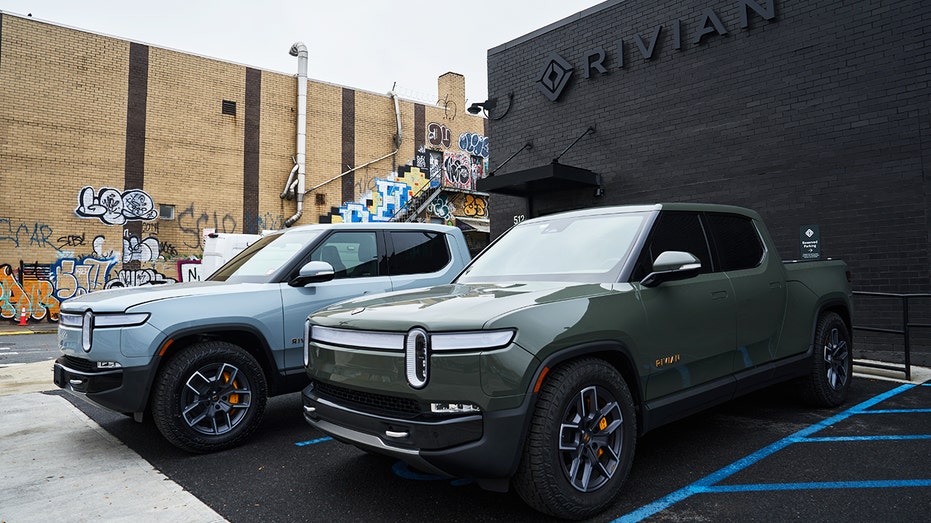
The Department of Energy (DOE) is working to finalize a $6 billion loan to fund construction for an electric vehicle facility in Georgia.
The Biden administration is seeking to hand out a multi-billion dollar federal loan to fund a large scale electric vehicle manufacturing plant just months before the president’s term ends.
The Department of Energy announced on Monday that they will be giving Rivian Automotive, an EV manufacturer, a $6.57 billion loan to finance construction of a 9 million-square-foot electric vehicle facility in Georgia, called Project Horizon.
The DOE said that the initiative “supports the Biden-Harris Administration’s goal that half of all new vehicles sold in 2030 be zero-emissions,” an EV target likely to be tossed out by the incoming administration under President-elect Donald Trump.
The conditional commitment comes as President Joe Biden has been dishing out billions of dollars to fund climate-related initiatives around the country to cement his legacy on the issue during the final months of his presidency.
TRUMP PLANNING TO LIFT BIDEN’S LNG PAUSE, INCREASE OIL DRILLING DURING 1ST DAYS IN OFFICE: REPORT
If the deal is finalized, the DOE anticipates the facility in Stanton Springs North, Georgia could produce up to 400,000 mass-market electric SUVs and crossover vehicles.
GAVIN NEWSOM THREATENS INTERVENTION IF TRUMP KILLS BIDEN’S $7.5K EV TAX CREDIT
However, before it is finalized, the company must satisfy certain technical, legal, environmental and financial conditions before the financing documents can be signed, according to the DOE.
This means the White House only has two months to finalize the deal before the Trump administration steps in and could derail any plans that don’t align with its agenda.
The funds will come from the Biden administration’s Loan Programs Office (LPO) and include $5.975 billion of principal and $592 million of capitalized interest, according to a press release announcing the loan.
“Today’s announcement reinforces the Biden-Harris Administration’s commitment to strengthen the nation’s manufacturing competitiveness, helping ensure American businesses remain global leaders in the rapidly expanding EV industry,” the DOE said in a press release announcing the project.






